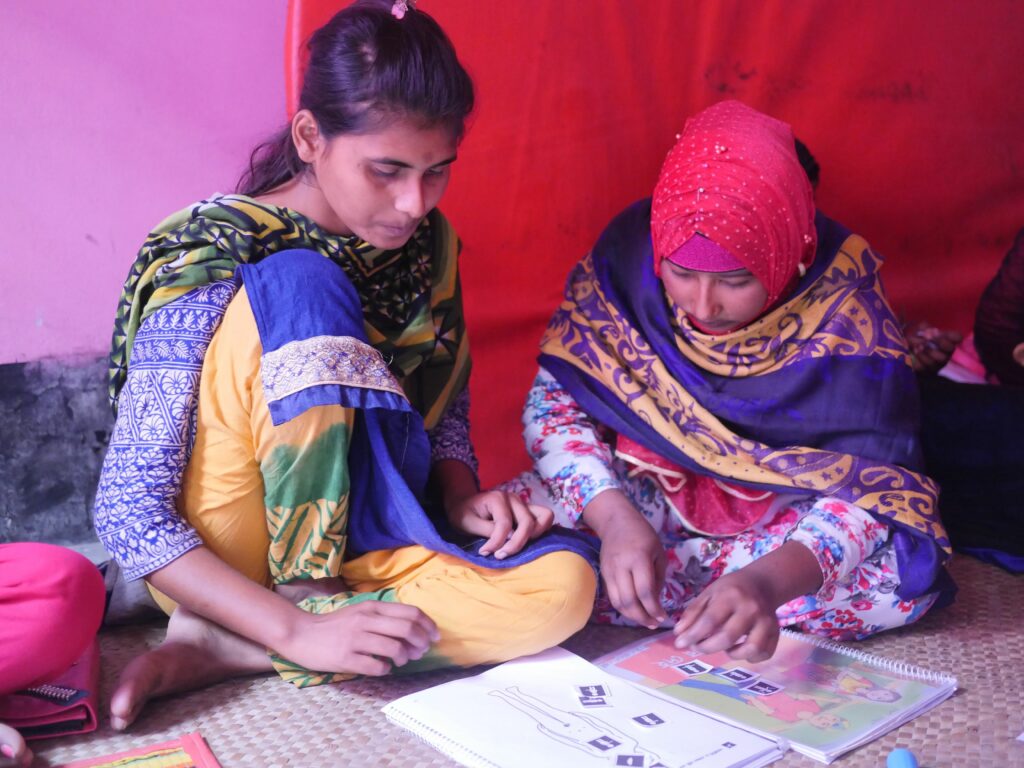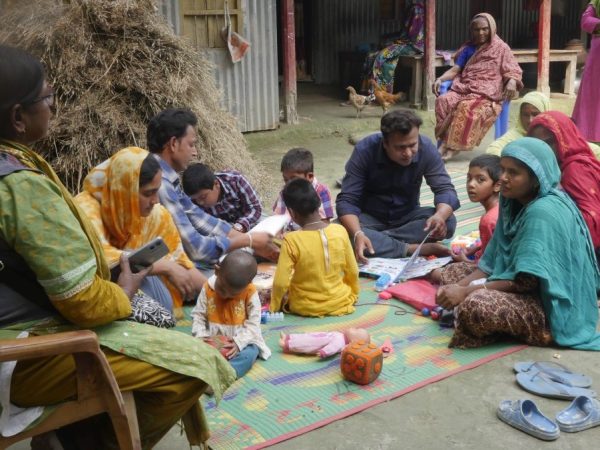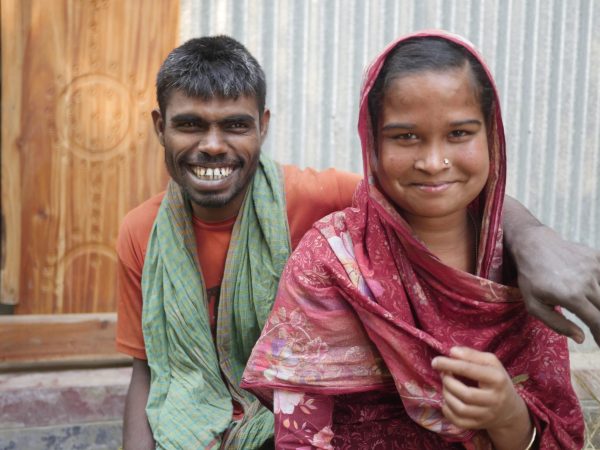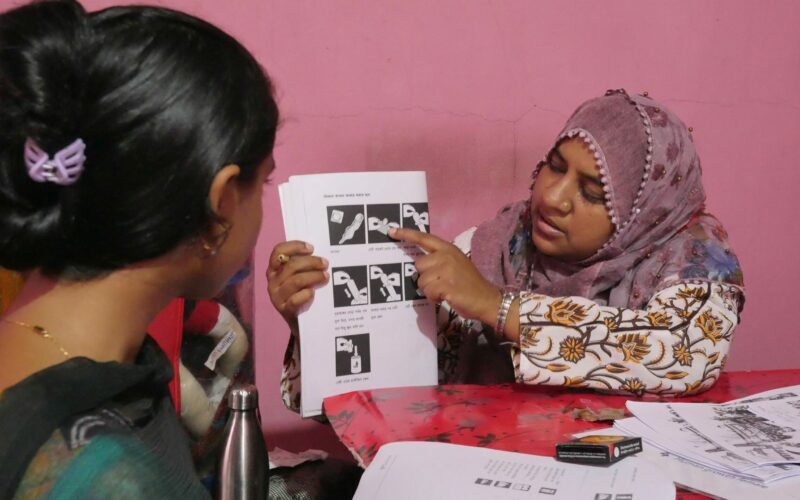News We Care
Government policies in Bangladesh recognise that sexual and reproductive health and rights (SRHR) services and information are crucial. However, the technical capacity of health workers to provide them needs to be strengthened. Especially to ensure the inclusion of vulnerable women and men, young people, people with disabilities and people from minority groups.
“We Care” aims to change this by better equipping health workers to deliver SRHR services at the union level and in communities and schools. The project is also equipping supervisors with the skills, attitudes and motivation needed to provide appropriate supervision to ensure inclusive SRHR information and service delivery.
The focus of the project includes Family Welfare Visitors (FWV), Family Welfare Assistants (FWA), Sub-Assistant Community Medical Officers (SACMOs) and their supervisors (Family Planning Inspectors and Mother and Child Health Medical Officers).
Project Objective
Universal access to sexual and reproductive health and rights.
Long-term Impact:
- Better information and greater freedom of choice for young people regarding their sexuality
- Improved access to contraceptives and medicines
- Better public and private health care for family planning, pregnancies and childbirth, including safe abortions
- More respect for the sexual and reproductive rights of young people, people with disabilities, people from minority groups and groups who are currently denied these rights
- While pursuing these long-term objectives, “We Care” is particularly focussing on vulnerable women and men, including young people, people with disabilities and minorities.
Project Approach:
The project operates at multiple levels.
- At the Institutional level: The project is addressing the capacity needs of National Institute of Population Research and Training (NIPORT) as well as Family Welfare Visitor Training Institutes and regional training centres by integrating SRHR, gender transformative, rights-based and evidence-informed approaches into curricula.
- At the Organizational and educational level: The project is building on existing work on SRHR in Bangladesh by drawing upon the standalone SRHR curricula previously developed and the efforts made to change attitude and values and norms around SRHR.
- At the Individual level: Teachers are being trained in SRHR and gender with a focus on vulnerable groups.
Partners:
NIPORT will have a central role in integrating SRHR in core-curricula of cadres delivering SRH services , , building capacity of trainers and monitoring training quality.
DGFP will lead prioritization of capacity-building needs for its cadres, contributing through its trainers and SRHR experts to the co-adaptation of curricula and subsequent (re-)training amongst its different cadres, including those in supervisory roles.
KIT will lead the co-adaptation of the existing curricula by integrating SRHR, enhancing supervision mechanisms and coordinate the overall project
Red Orange will develop interactive teaching aids and materials to support the training methods and will coordinate with the Bangladeshi partners, including their participation in multi-stakeholder platforms.
Rutgers will ensure that comprehensive sexuality education modules already developed in Bangladesh will be used and built upon, especially in training activities of the SACMOs for in-school sessions.
Niketan will ensure that needs of People with Disabilities are consistently taken on board within all project related activities, from needs assessments to curricula development to training roll-out.




